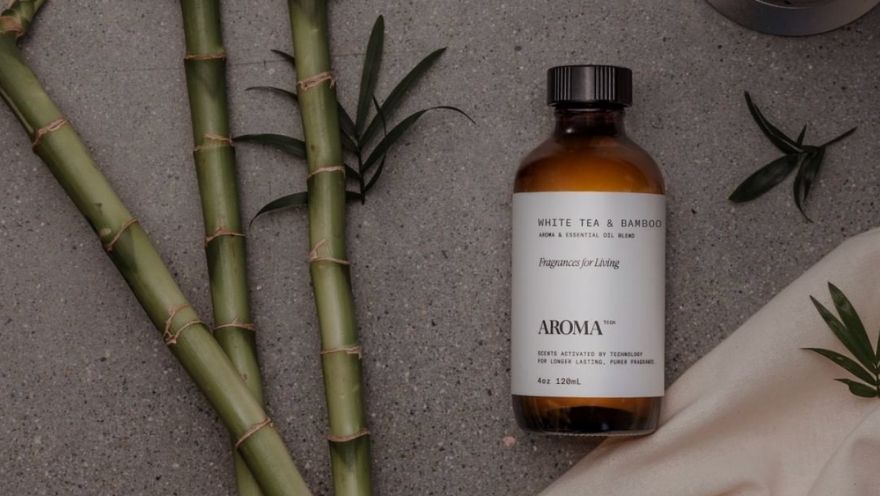
When Do Essential Oils Expire?
When Do Essential Oils Expire?
Essential oils are produced from living plants to harness their fragrant and healing properties. As with most products created from plant sources, various factors can decrease the lifespan of essential oils and, in some cases, alter the ingredients into something entirely different. AromaTech understands the chemical properties of the oils that we use in each formula. We use only the most natural ingredients possible to help prolong the life of our oils, which are free of unnatural additives. Discover how to determine when essential oils expire.
A Lot of Chemistry
As a species, we’ve been using essential oils for centuries for their therapeutic properties without the aid of chemistry. When someone inhaled the scent of lavender, for instance, he or she always experienced immediate feelings of calm and restfulness—no biochemical understanding required. Once chemists started studying the components of essential oils, aromatherapists began to blend oils that could provide numerous benefits and longer shelf life.
Determine when essential oils expire begins with understanding their makeup. Oils that contain mostly monoterpenes or oxides have the shortest shelf life at one to two years. Citrus oils tend to lose potency quickly due to their composition of monoterpenes. Phenylpropanoids are found in clove, basil, cinnamon, oregano, and peppermint and boast a shelf life of up to three years. Oils that contain sesquiterpenes can last up to six years with proper storage—these include patchouli, ginger, and sandalwood.
Proper Storage is the Key to Longevity
If the oils that you purchase come in a clear bottle, they are not true essential oils. Aromatherapists know that to retain their effectiveness, essential oils need to be contained in brown or blue glass bottles that inhibit ultraviolet light from damaging the delicate components. Heat can also affect the life of your essential oils. It is always best to store your essential oils in a cool place away from sunlight. If you have space, store them in your refrigerator to maintain their efficacy.
Another danger to your essential oil collection is oxygen. Think of the effect oxygen has on a cut apple or avocado—exposure to oxygen in the air causes oxidation or browning of the fruit. Oxygen is just as harmful to your essential oils. Repeatedly opening the bottle or not securing the lid properly allows oxygen to enter and alter the components, turning your lavender oil into something different.
What Happens if You Use Expired Oils?
Cooking oils have a shelf life and can become rancid over time if not stored properly. The same is true for essential oils. Diffusing expired essential oils can cause your mucous membranes to become irritated, causing you to lose the healing benefits and creating new issues with usage. The best way to dispose of expired oils is to use them in cleaning. Wear gloves when using expired oils in your homemade cleaning solutions to avoid skin irritation due to the composition changes of the oils.
Benefits of Essential Oils
Numerous books cover the subject of essential oils and the benefits that they impart. Oils generated from sustainable sources free from contaminants and not genetically modified offer benefits to promote relaxation, clean the air, and energize the mind. Diffusing essential oils throughout your home provides you with a way to awaken positive memories, revisit the scents of your favorite vacation, or create a warm, comforting feeling. Diffusing lavender oil in the nursery provides you and your newborn with a tranquil environment for restful sleep. Diffusing a blend that eliminates odors in your kitchen, bathroom, or teen’s room and improves the overall mood at the same time is a win for any household.
With proper storage, your collection of essential oils will last for years, providing mood-enhancing benefits for everyone in your home. As you investigate when essential oils expire, keep in mind that AromaTech essential oils are pure oil blends bottled in a brown glass containing raw, unrefined ingredients to ensure longevity-but you’ll want to use them so often that they won’t have a chance to expire.
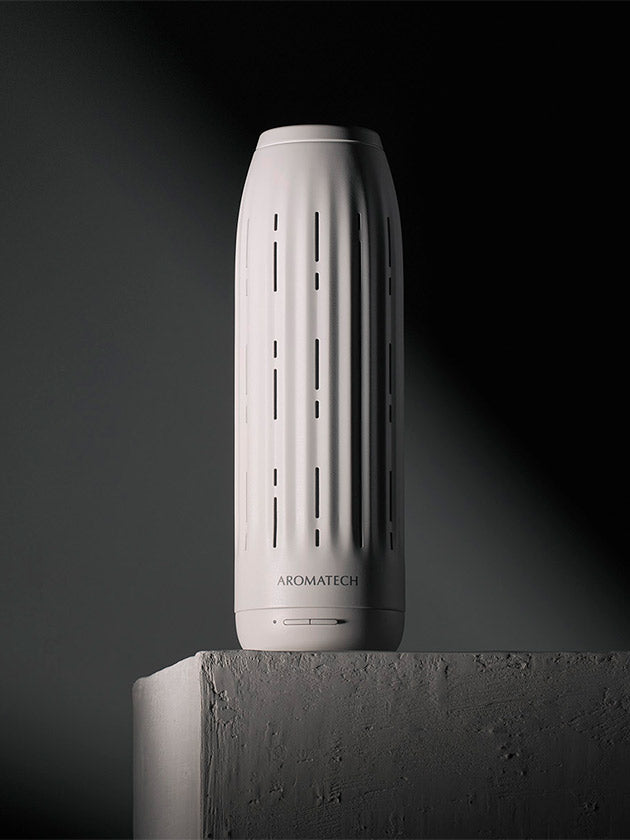
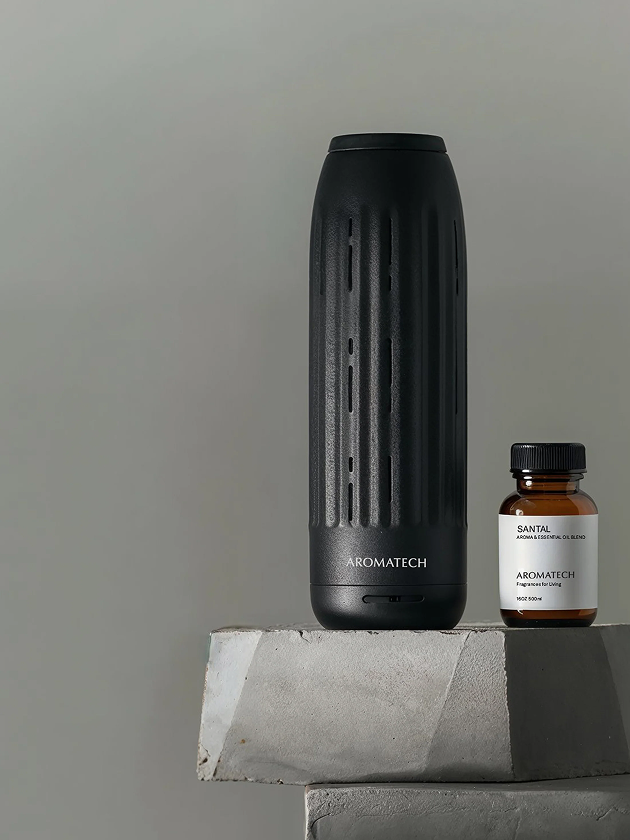
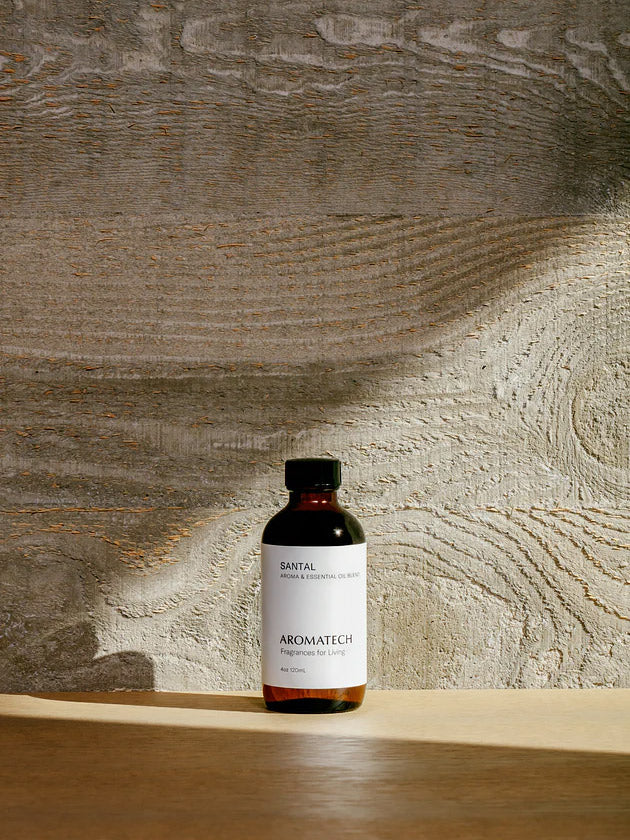
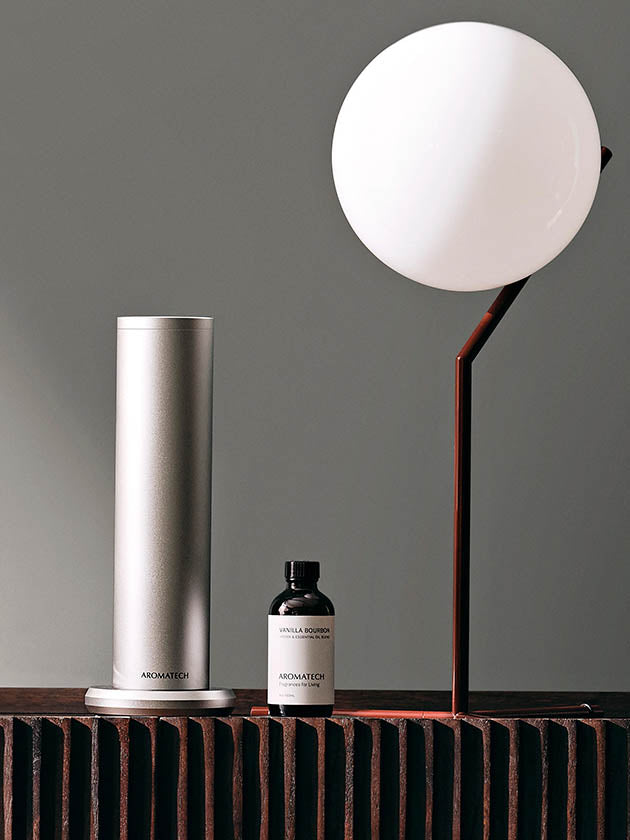
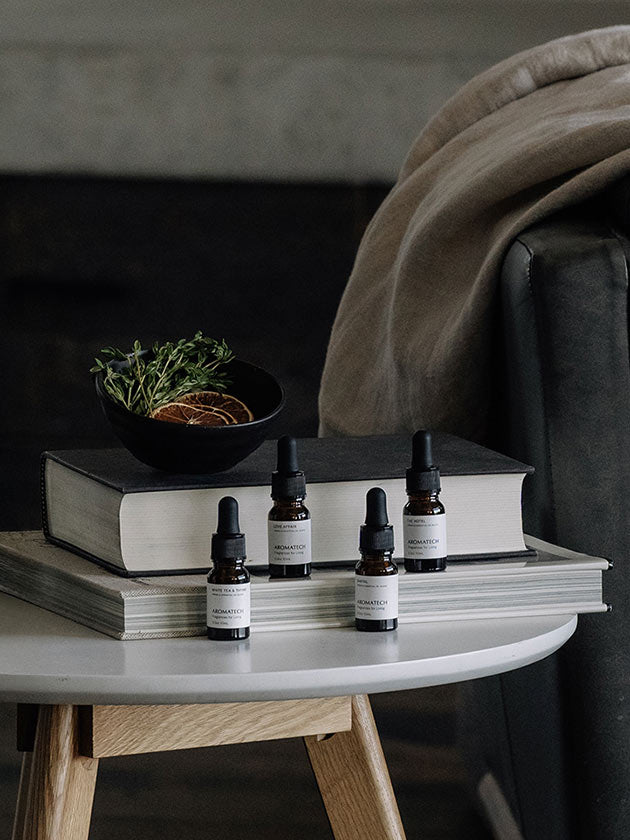
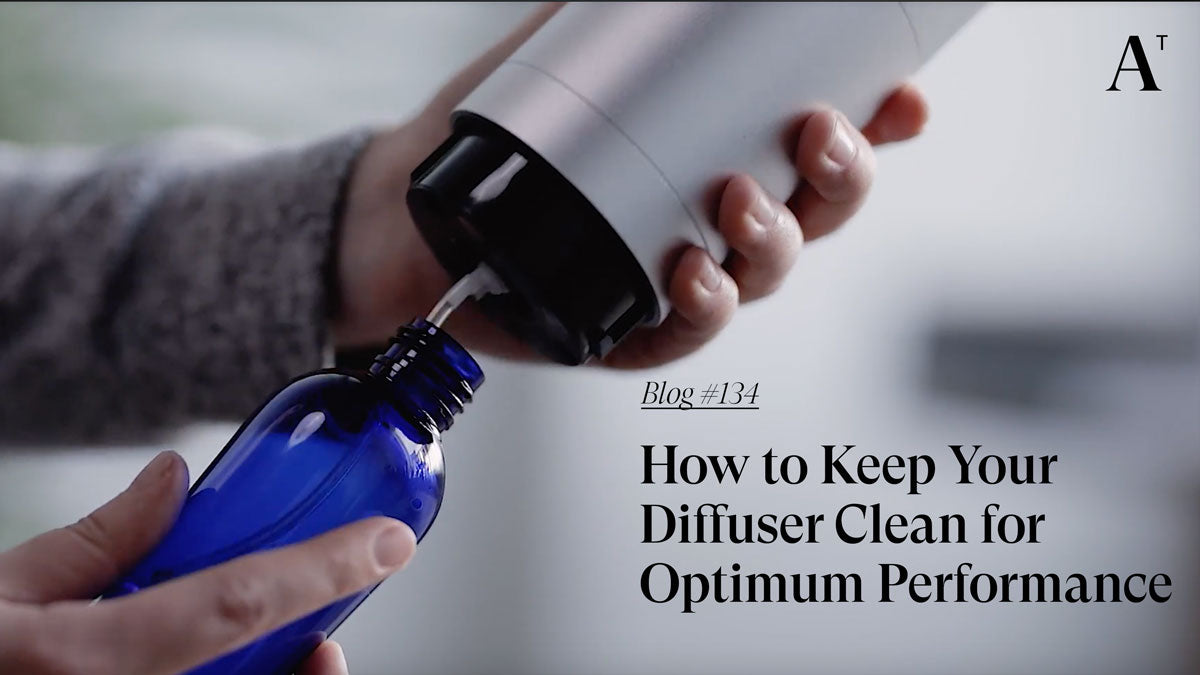
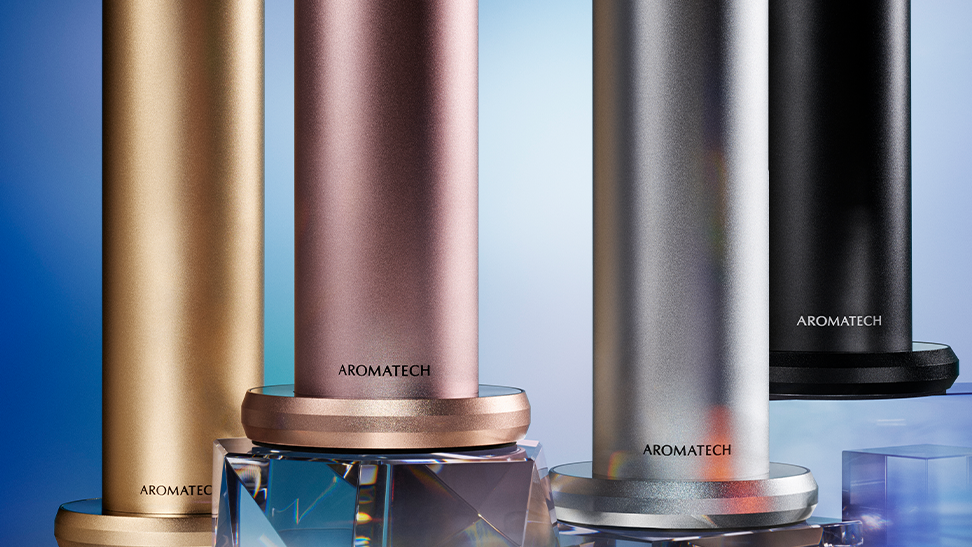

Leave a comment
This site is protected by hCaptcha and the hCaptcha Privacy Policy and Terms of Service apply.